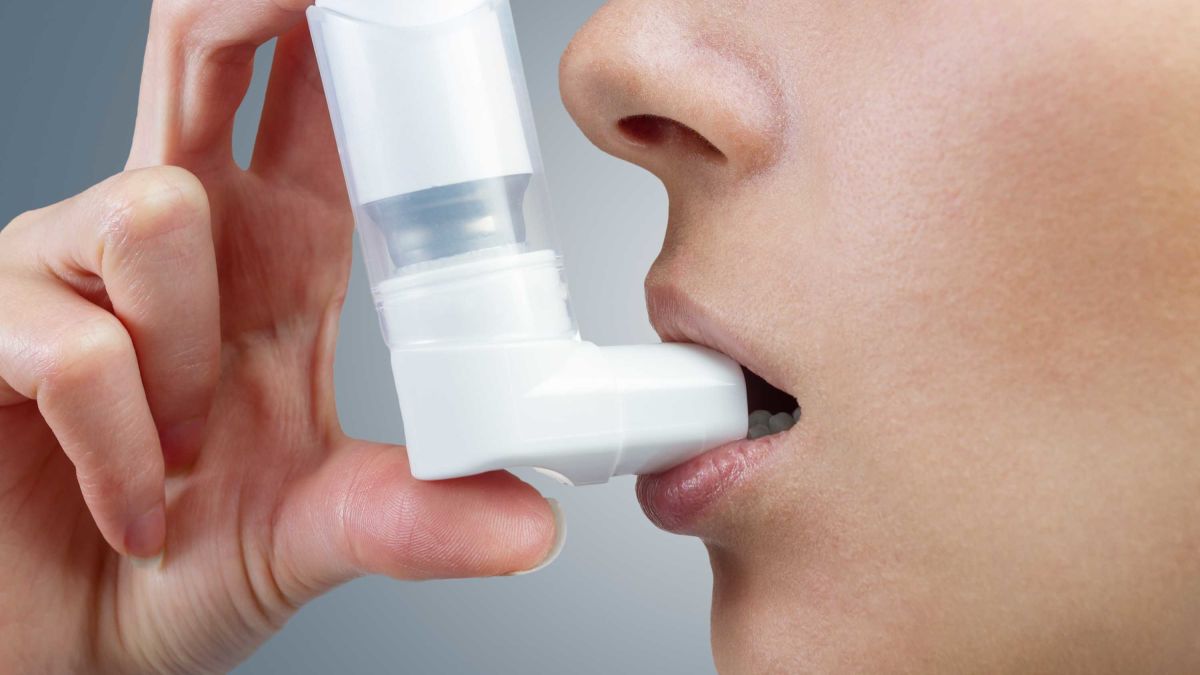What are the symptoms of sulfite sensitivity?
Sulfite sensitivity can lead to various symptoms, particularly affecting those with asthma or respiratory conditions. Common respiratory symptoms include wheezing, shortness of breath, chest tightness, coughing, and difficulty breathing. These issues can be especially problematic for people with asthma, sometimes triggering attacks.
Skin reactions like hives, itching, and redness or flushing may also occur in sensitive individuals. Some people experience gastrointestinal problems such as stomach cramps, diarrhea, nausea and vomiting. Headaches or migraine headaches can be another sign of sulfite sensitivity.
Although rare, anaphylaxis can occur in severe cases. This life-threatening reaction involves symptoms like swelling of the face, lips, tongue, or throat, a rapid or weak pulse, severe breathing difficulties, dizziness, fainting, and even loss of consciousness.
Sulfite sensitivity is more common in individuals with asthma, and it’s important for those affected to be mindful of foods containing sulfites, such as dried fruits, wine, pickled foods, and certain condiments. For those who suspect sulfite sensitivity, seeking medical advice is recommended for diagnosis and management.
What are the causes of sulfite sensitivity?
Sulfite sensitivity is caused by an adverse reaction to sulfites, which are chemical compounds commonly used as preservatives in foods, beverages, and some medications. The exact cause of sulfite sensitivity isn’t fully understood, but several factors are known to contribute to it.
One key cause is the body’s inability to break down sulfites effectively. Normally, an enzyme called sulfite oxidase breaks down sulfites in the body. In some individuals, particularly those with asthma or other respiratory conditions, this enzyme may be less efficient, leading to a buildup of sulfites that triggers symptoms.
Sulfite sensitivity is more common in people with asthma, and it’s believed that the sensitivity may result from a heightened immune response in these individuals. When exposed to sulfites, they may experience respiratory symptoms like wheezing, shortness of breath, or even asthma attacks.
Another contributing factor is the level of exposure. Consuming foods and drinks that contain high concentrations of sulfites can trigger reactions in sensitive individuals. Sulfites are commonly found in dried fruits, wine, pickled foods, certain condiments, and processed foods.
Genetic factors may also play a role in sulfite sensitivity, although this area is still being researched. People with a family history of allergies or sensitivities may be more likely to develop sulfite sensitivity.
Overall, sulfite sensitivity is a combination of reduced enzymatic breakdown, immune response, and exposure levels, with certain groups like asthmatics being more susceptible to reactions.
What is the treatment for sulfite sensitivity?
Treatment for sulfite sensitivity primarily involves avoiding foods, drinks, and medications that contain sulfites to prevent reactions. Since there is no cure for sulfite sensitivity, managing it focuses on prevention and symptom relief if exposure occurs. Here’s how it’s typically managed:
- Avoidance: The most effective strategy is to avoid sulfite-containing products. Carefully reading labels and knowing which foods and drinks are likely to contain sulfites is crucial. Common items to avoid include dried fruits, wine, beer, pickled foods, bottled lemon and lime juices, and certain processed foods. In restaurants, it’s important to ask whether sulfites are used, especially in foods like salads and seafood.
- Medication for Reactions: For mild reactions, antihistamines can help alleviate symptoms such as itching, hives, or mild respiratory discomfort. Over-the-counter or prescription antihistamines can be taken after accidental exposure to manage these symptoms.
- Bronchodilators for Asthmatics: People with asthma who have sulfite sensitivity should have a bronchodilator (like an inhaler) readily available. Inhalers containing albuterol or other quick-relief medications can help open airways if respiratory symptoms develop after exposure.
- Emergency Treatment for Severe Reactions: In rare cases where sulfite exposure leads to anaphylaxis, immediate treatment with an epinephrine auto-injector (EpiPen) is essential. Individuals at risk for severe reactions should carry an EpiPen at all times and seek emergency medical help immediately if they experience symptoms like throat swelling, difficulty breathing, or dizziness.
- Desensitization Therapy: Although uncommon, in some situations where sulfites cannot be completely avoided, a healthcare provider might consider desensitization therapy. This involves gradually exposing the body to small amounts of sulfites under medical supervision to build tolerance.
- Education and Awareness: Educating yourself about sulfite sensitivity and recognizing potential sources of exposure is key to managing the condition. Wearing a medical alert bracelet and informing healthcare providers, family, and friends about the sensitivity can help in case of accidental exposure.
Since sulfite sensitivity is more common in people with asthma, it’s important for those affected to work closely with their healthcare provider to develop a personalized management plan.

Leave a Reply
You must be logged in to post a comment.